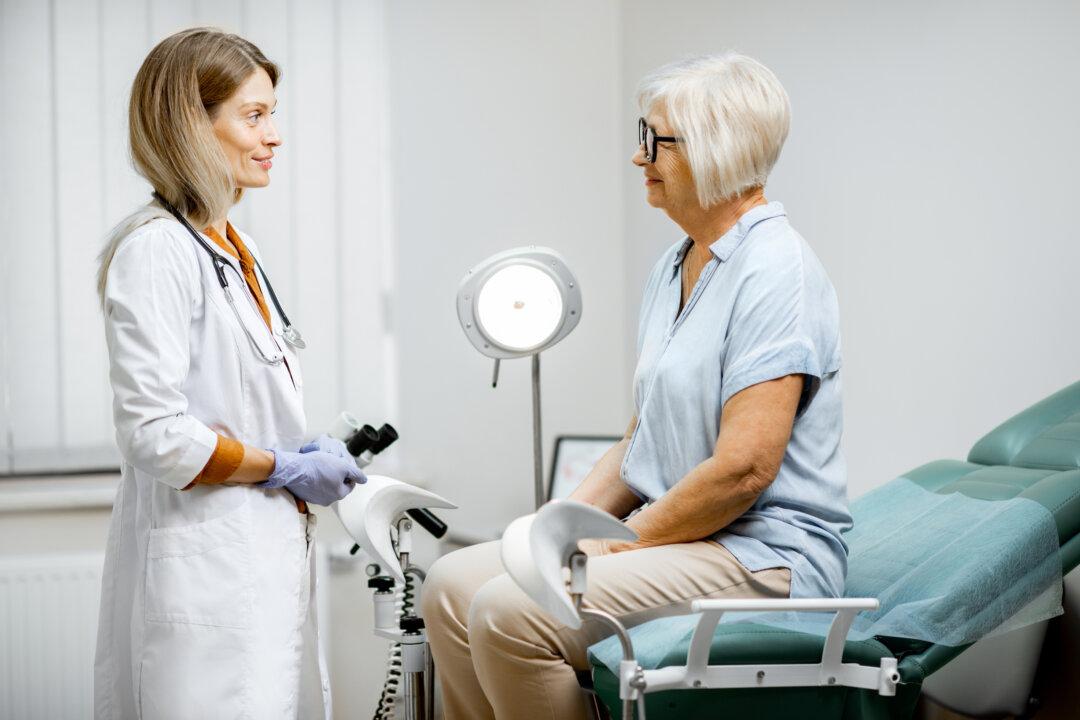J.T. is a 66-year-old man with heart disease who requires blood thinners to reduce the chance of having another stroke. The last stroke was luckily a mild one, but he was found to have significant plaque buildup in his cardiac vessels.
J.T. is a very bright, successful, hard-working man and wants to stay as healthy as possible. The ads he kept seeing and articles he read said omega-3 fatty acids were a great way to help reduce the bad cholesterol and minimize plaque in his arteries. If one pill was good, then three would be better, or so he thought.






